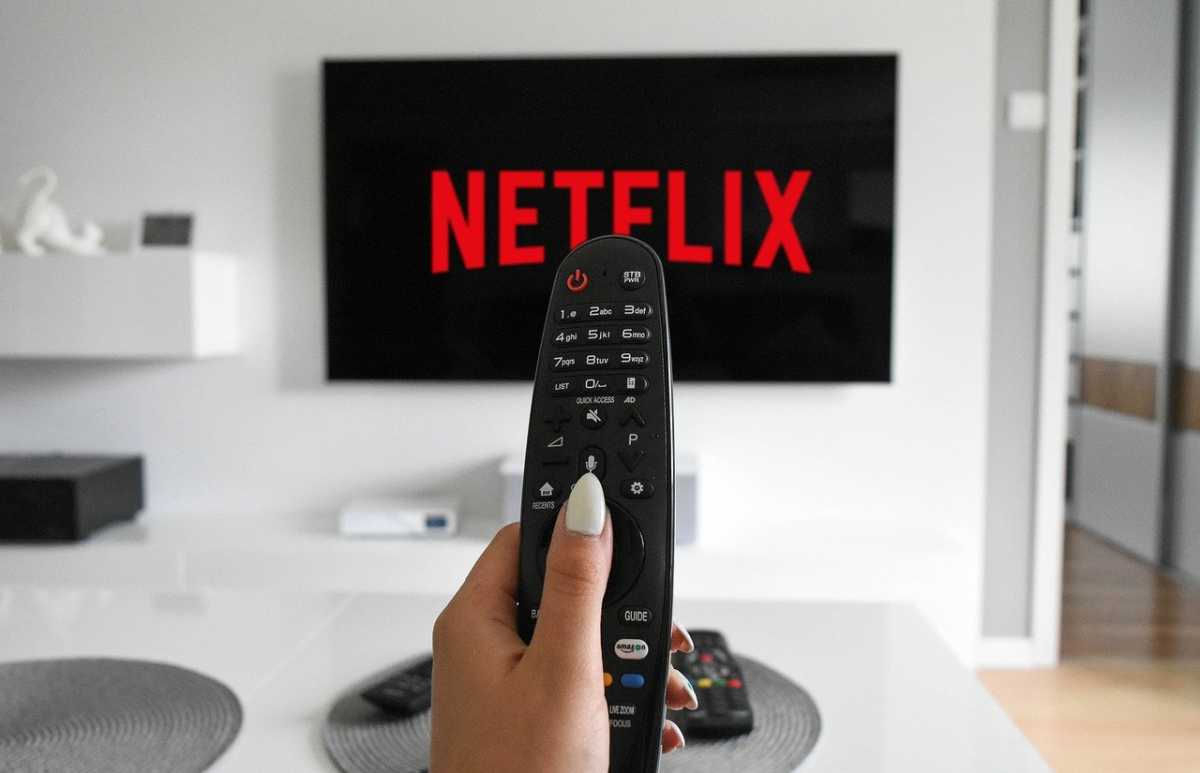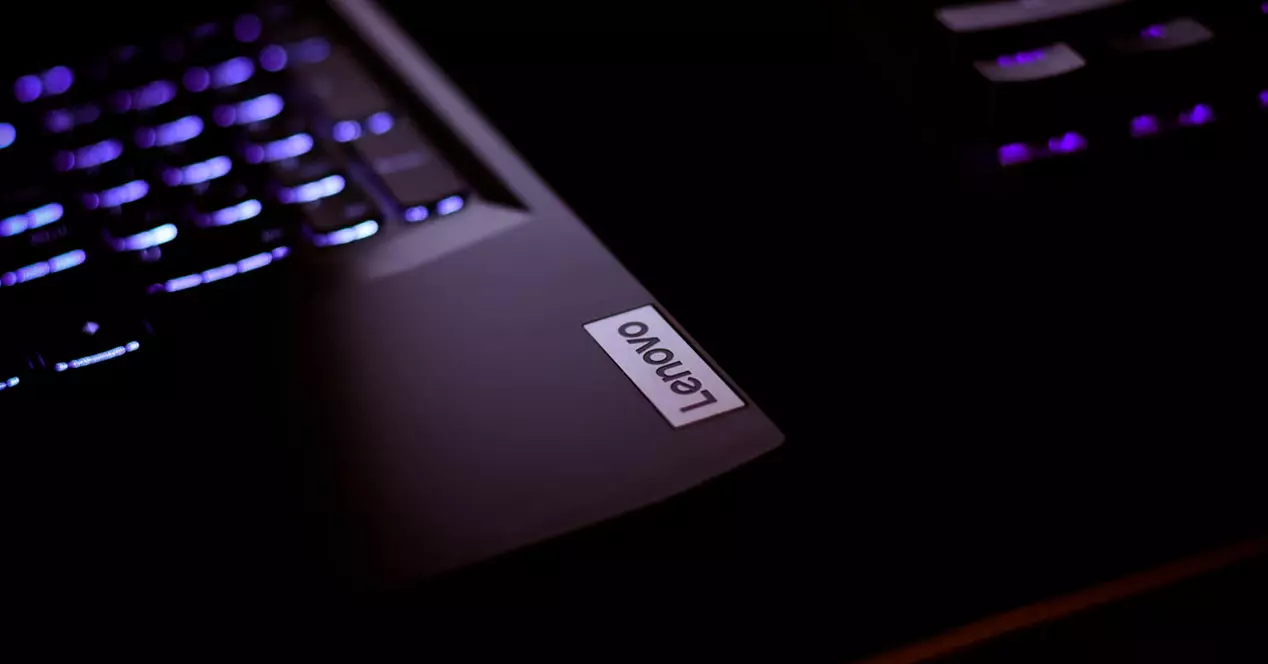Andrew Fletcher, the “glue” of Depeche Mode, dies

Madrid, November 7, 1990, a teenager arrived by subway at the Plaza de Felipe II and was about to queue for a few hours in front of the entrances to the Palacio de los Deportes. Depeche Mode were immersed in World Violation Tour, the world tour of Violator, their seventh studio album (that is, the eighth if we also count 101), released that same year, and that today prevails as the greatest exponent of the band’s talent. The afternoon was cold and rain threatened, but the thousands of people waiting in the street did not care. They were going to see Depeche Mode live, and that made up for everything.
In those days the band it was still a quartet consisting of Dave Gahan, Martin Gore, Andrew Fletcher and Alan Wilder, which came out of Depeche Mode in 1995, definitively shaping the trio that they are… that they have been. And it is that if last week we said goodbye to Vangelis, today we have to say goodbye to Andrew Fletcherwho has not only been an exceptional musician, he is also the person to whom we owe that two people with personalities as… let’s say special, as Gahan and Gore have been able to coexist in the same space-time without blood reaching the river .

Andrew Fletcher, left, at a ticket for Depeche Mode’s Global Spirit Tour in 2017. Dave Gahan, center, and Martin Gore, right.
If Vangelis played a key role in the popularization of electronic music, Depeche Mode are responsible for both its first great evolution (along with other bands like Erasure, New Order, etc.), to the point that they are considered the first great electronic rock band, as if his scope went up like foamto become one of the most relevant groups in contemporary music.
To do this they took the foundations laid by the previous generation, but as happened with symphonic rock, sHis successors opted for simpler, shorter compositions, with tremendously catchier riffs and choruses. and, in general, music that is easier both to compose and to listen to. This, mind you, does not mean that the quality of the creations of Depeche Mode and their contemporaries had less quality, what it means is that they were less complex and, therefore, more affordable for the general public.
Thus, if Vangelis made us connect emotionally with electronics (not only with music, but also with the new world that opened before our eyes with the evolution of electronics), Depeche Mode took his proposal and honoring the title of his sixth disk, they found the formula to bring electronic music to the masses. And along the way, they ascended the altar that the world of music usually reserves only for the greatest.

As you may have deduced, the teenager queuing in front of the Palacio de los Deportes in Madrid on that cold and gray November 7, 1991 was me, and since then I have been lucky enough to see Depeche Mode in concert on several occasions. And although it’s been some time since the last one (not because I wanted to, but because of the nonsense that the concert ticket business has become), one memory I have of the last times I saw them was the immense affection that, with small gestures, Gahan and Gore showed towards Fletcher.
They, more than anyone, were aware that the talent of both was fundamental, but that Without Andrew Fletcher acting as a link between the two, the dream would have ended many years ago.. He was the least mediatic of the three and, nevertheless, he is the one to whom we owe the most people who, for more than three decades, have vibrated with his music. Today it is impossible to know what will happen to Depeche Mode, and it is early to ask, but whatever it is, Fletcher’s mark has been, is and will be indelible on Depeche Mode, on electronic music and on the lives of who have fed our lives with their music.
Personally, after learning of the death of Andrew Fletcher, I feel on a day as cold and gray as that November 7, 1990, so I suppose I will do to repeat the formula that, that day long ago, comforted me enough to leave me with a memory that, almost 32 years later, is still incredibly alive in my memory. Yes, of course, I’m talking about seeking solace in the music of Depeche Mode.
Fletch, rest in peace and, from the bottom of my heart, thank you for everything.
— Depeche Mode (@depechemode) May 26, 2022




